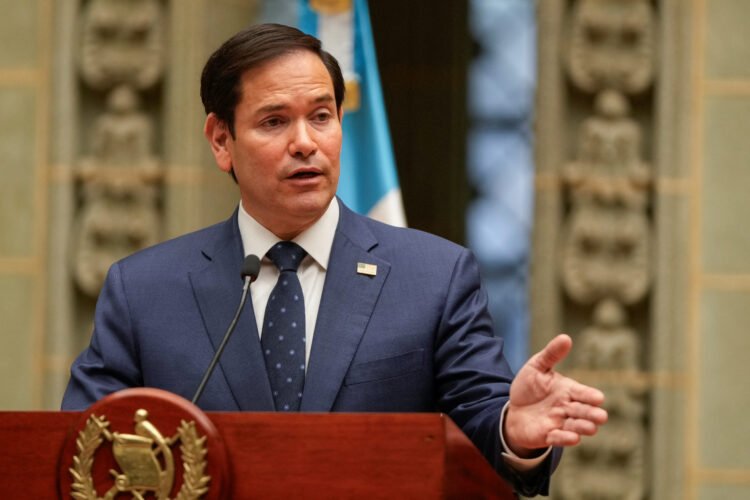U.S. Secretary of State Marco Rubio has instructed American diplomats across Europe to initiate a lobbying effort aimed at opposing the European Union’s Digital Services Act (DSA), according to a diplomatic cable obtained by Reuters.
The internal State Department cable, dated August 4, calls on U.S. embassies to build support among EU governments and stakeholders for amending or repealing the DSA, which Washington argues imposes unfair restrictions on freedom of expression and creates financial burdens for American tech companies.
Concerns Over Free Speech and Costs
The DSA is a landmark EU law designed to create a safer digital space by requiring online platforms to take stronger action against hate speech, disinformation, and child exploitation material.
However, the Trump administration claims the law curtails free speech, especially that of conservative voices, and has increasingly targeted European regulations as part of a broader campaign to defend what it calls “America’s free-speech tradition.”
“The EU is pursuing undue restrictions on freedom of expression,” the cable states, accusing the bloc of strengthening censorship under the guise of combating harmful content.
Action Plan for Diplomats
The cable, marked as an “action request,” directs U.S. diplomats to:
- Meet regularly with EU officials and national digital authorities
- Promote amendments or repeals of the DSA and related legislation
- Highlight financial and operational impacts on U.S. tech firms
- Collect and report cases of what Washington considers censorship, especially involving U.S. citizens or companies
Suggested talking points include:
- Narrowing the DSA’s definition of “illegal content”
- Eliminating or amending the Code of Conduct on Disinformation
- Reducing or removing fines for non-compliance
- Challenging the use of “trusted flaggers”, designated entities that report harmful content
A Growing Transatlantic Rift
The EU has firmly rejected U.S. accusations of censorship, emphasizing that its legislation is not targeted at American companies, and that the DSA serves to protect users and democratic values.
In March, EU tech chief Henna Virkkunen stated that digital market rules will not be part of U.S.-EU trade negotiations.
“Our legislation will not be changed,” said Commission spokesperson Thomas Regnier at the time.
Still, the U.S. lobbying effort reflects rising tensions. Vice President JD Vance earlier this year accused European leaders of suppressing political dissent, referencing Germany’s right-wing AfD party during a speech that drew criticism across the EU.
Tech Industry Reaction
U.S. tech firms including Meta, Google, and Amazon have also criticized the DSA, warning it imposes excessive regulatory burdens and risks content over-moderation.
The directive follows Rubio’s May threat of visa bans for foreign officials involved in what he calls the censorship of American voices, particularly online. The move has sparked further debate over digital sovereignty, platform governance, and free speech rights in the 21st century.







